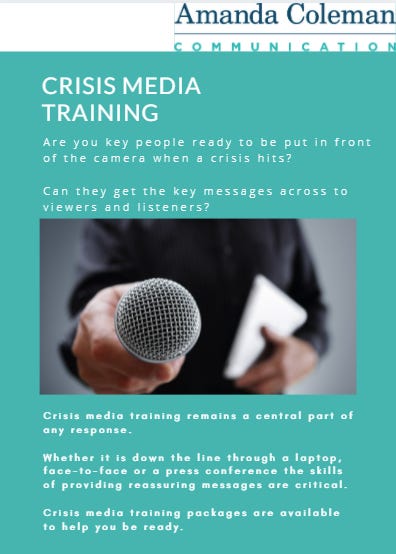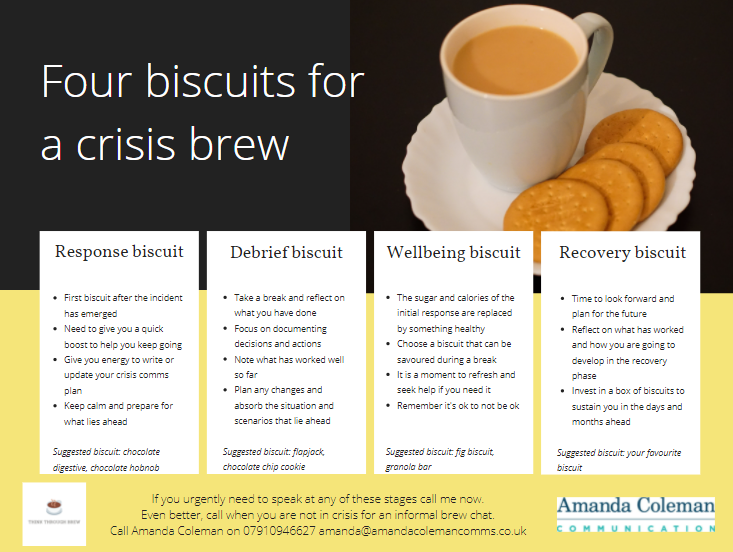Spotting extreme risks
Biohazards and artificial intelligence are among the extreme risks highlighted in a recent report from The Centre for Long Term Resilience. The FutureProof report aims to outline programmes of work that are needed to deal with the volatile and uncertain times that we face. At one point I felt I was reading about a Terminator film scenario but there are important points that it makes.
What we need now is to tackle the lack of preparedness that had left the UK and others floundering when Covid-19 hit. And there are some interesting figures about the cost of failing to be crisis and emergency ready set against the billions thrown at the impact of the pandemic.
Organisations need to be considering how they increase preparedness for the possible future risks at home as well as in the wider world. Find the report here.
What wave is this?
There is a lot of debate and discussion about the rates of Covid-19 in the UK and whether we are on the edge of a third wave. Much of the reporting is increasing concerns about whether the final restrictions will still be lifted on 21 June. The messaging in the next two weeks is going to be interesting to watch and review. More importantly it will be the impact that it has on people’s behaviour that is the critical factor. More on this in the next Under Pressure newsletter.
Resilience case studies
I am working on a report focusing on resilience within crisis communication. If you have a view on resilience, what it is and where it can be found get in touch. And if you are willing to share some tips of how you have built resilience when under pressure let me know as I am keen to feature some case studies. Get in touch at amanda@amandacolemancomms.co.uk
Media training
Everyone will be aware of the situation of Naomi Osaka who pulled out of the French Open recently. She highlighted how her anxiety was being fed by the post match media interviews. It has raised the issue of the importance of media training for people. Organisations need to give people the right support if they are going to be asked to do media interviews and particularly during a crisis. I have written about the situation in my blog here. In addition, I have developed a crisis media training package for organisations that need some support. Email me for more information amanda@amandacolemancomms.co.uk
In Brief:
The June edition of Testing Times a monthly crisis communication case study is available now. Find it here.
As part of National Volunteers Week Amanda has written about her reasons for volunteering with the Chartered Institute of Public Relations. Read more here.
Amanda has been talking about crisis communication with members of the Emergency Planning Society. There will be a future webinar carried out for the Society and it is hoped further work to build professional knowledge of risk, resilience and crisis communication.
To celebration National Biscuit Day Amanda put together a crisis biscuit chart. It supports the #thinkthroughbrews that take place to give PR and communication professionals a place to reflect, review and recharge.
Diary Dates:
The 8 June half day session on Developing a Communication Strategy that Amanda runs for the PRCA is sold out but keep a watch out for future dates if you are interested in looking at bringing all you communication together in one clear strategy.
If you are new to running an in-house comms team, or you are looking to take that next step, join Amanda for a full day session looking at the skills required to be effective leading an in-house team. The session is run virtually with the PRCA. Find out more here.




